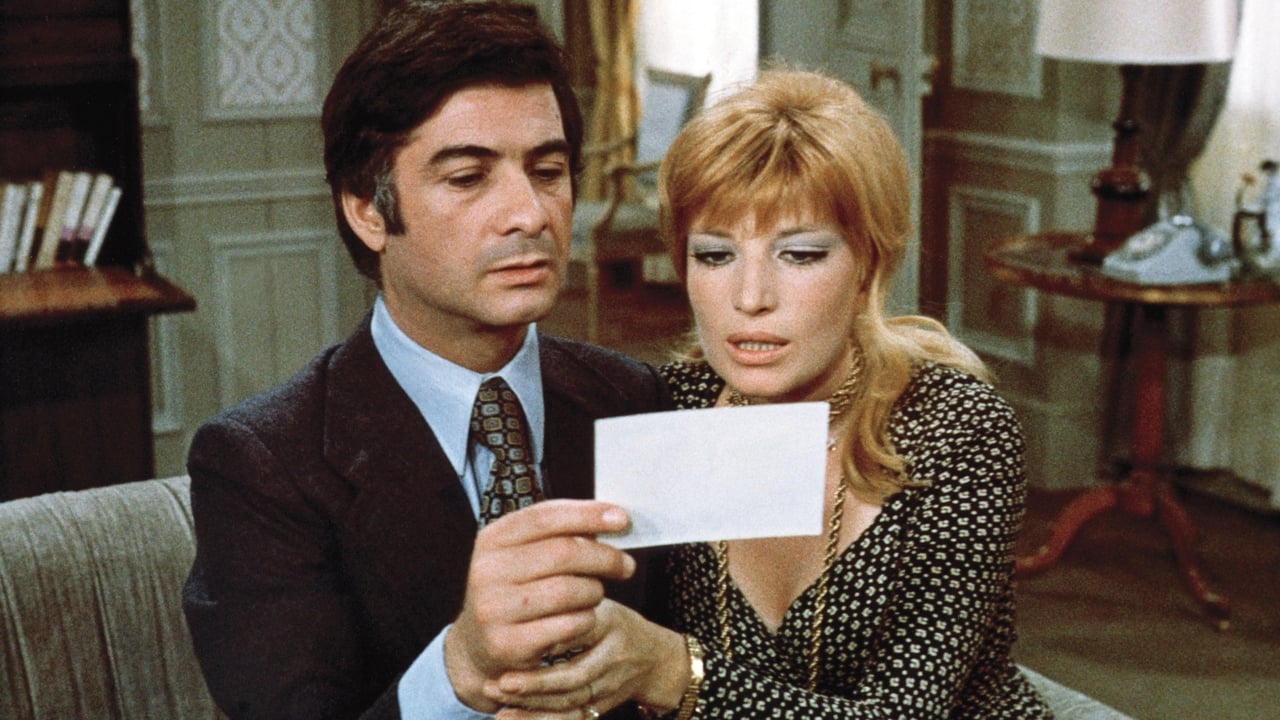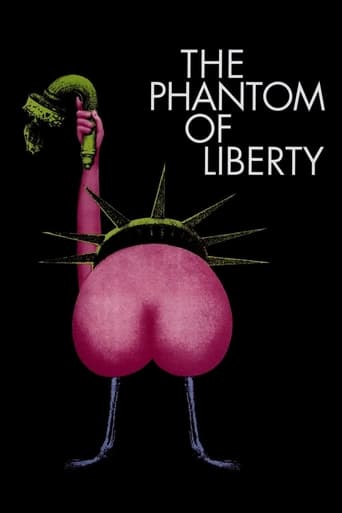

If you're not familiar with surrealism, this is a must watch as its 100% concentrated surrealism will keep you entertained and confused throughout the entire movie.This was my first Bunuel movie so I didn't know what I was expecting but certainly not this. The movie was organized in episodes or tableaux's. Every episode continues after one another and contain their own essence and message. They question the concept of reality. what is reality? is it what you make of it? how was it establish? who made the rules? My favorite tableaux has to be the scene where the family switched the role of the bathroom and dining room. It completely took me off guard, I was pleasantly surprised. And that's when I truly understood surrealism. To me, that scene was the definition in surrealism. why do we do the things the way we do?This is was a brilliant movie and I will surely watch every one of sir Bunuel's movies. This was my gateway to surrealism. Hopefully, it's yours too.
... View MoreWatching The Phantom of Liberty is unlike any other film-watching experience. Buñuel presents a series of seemingly unrelated vignettes woven together by mere chance or coincidence. Just as Buñuel develops a character beyond their name or title, he whisks the viewer away to focus on another character and their experience. The film not only employs dream-logic through its surrealist mise en scéne, the film also has the pacing of a dream. Like the series of half- remembered dreams we have each night, each vignette leaves a vague impression of itself after its viewing; not to be consciously understood, yet its presence can be felt with each following scene. While there are core thematic ideas woven throughout the film regarding political and social satire, on first viewing it is hard not to get lost in the dreamy surreality of real-life that Buñuel so eloquently portrays in his 1974 masterpiece.
... View MoreWhat's wrong is wrong and what's right is right, no? No. Not in Buñuel's surrealist outlook of society. His in your face attitude over subject matters such as incest, religion, and all around things that would be labeled as taboos leave you squirming in discomfort. As uncomfortable as you might feel and as strange as it all may seem, Buñuel puts you in that position for a reason. Why is it wrong for a nephew to love his much older aunt? Why is this man being treated like a celebrity and given freedom when he has gun down innocents? Why was the head of the police losing his mind and why was he still allowed to make decisions? He makes you place your moral conventions front and center and question everything you've ever been taught. Buñuel asks "What would the world be with total freedom?" Would it be like this?What's right is wrong and what's wrong is right
... View MoreWelcome to the topsy-turvy world of Luis Buñuel! In the video introduction to The Phantom of Liberty, screenwriter Jean-Claude Carrière noted that he and Director Luis Buñuel set out with the premise of presenting the audience with a series of stories (tableaux) and then, just as each story gets interesting, ending the story, and moving on to another story. Such a premise for a movie could be a disaster but under the masterful direction and writing of Buñuel and Carrière, the end result is brilliant.More than just turning traditional story telling on its head and making us examine our expectations of storytelling, the filmmaker turns social mores, customs and taboos on their head and make us examine our expectations of such societal constructs.The tableaux flows easily from one to another and never appear disjointed, leaving us free to become immersed in Bunuel's whimsical, farcical, touching, and provocative topsy-turvy world.
... View More